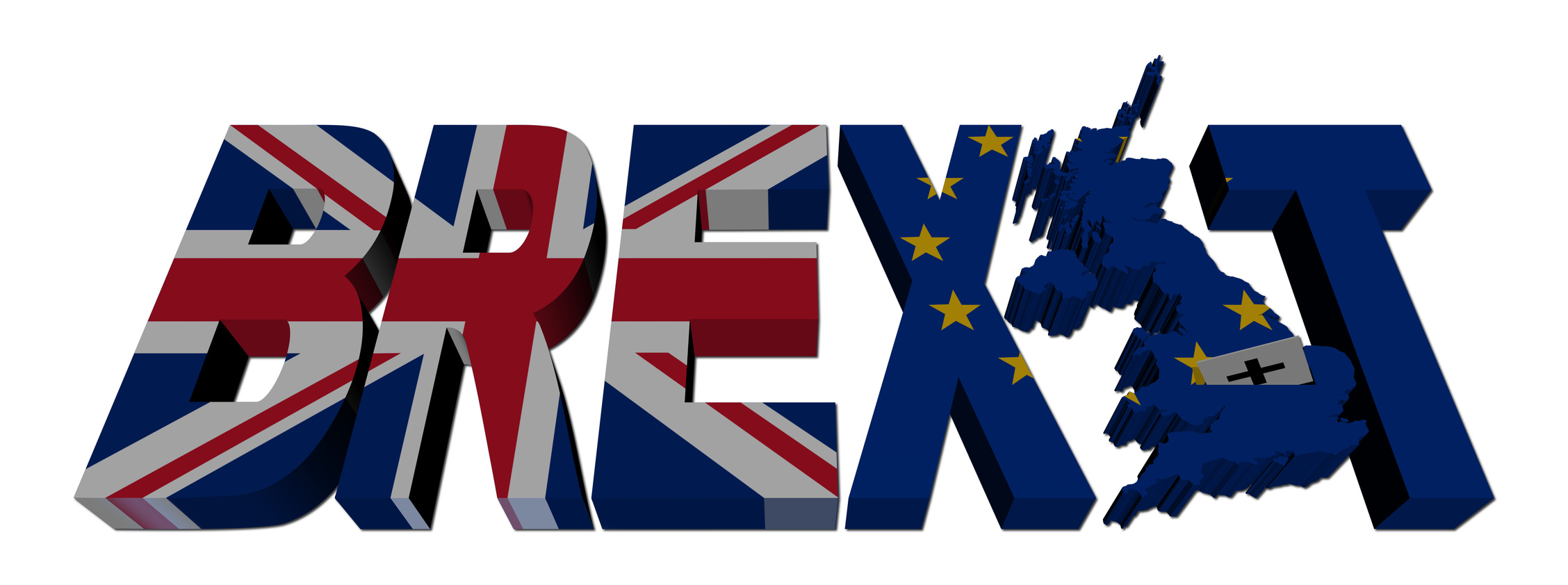posted on May 03, 2016 by Gary Bragar

On 23rd June, the people of the U.K. will have the opportunity to vote on whether or not to stay in the European Union (EU). But while the wider political debate surrounding a possible ‘Brexit’ rumbles on, what might be the impact on talent acquisition and the related outsourcing industry?
It’s still unclear what kind of agreement Britain and the EU would negotiate post-Brexit, but the options are that Britain could become a virtual associate member (like Norway) and participate in the single market, pay budget dues and open its borders to EU workers, or it could choose a more drastic and estranged relationship, taking back full control of its borders and reducing the number of people who are able to come and work in the U.K.
Free movement is one of the most important principles of EU membership, allowing individuals from any EU country to live and work in another EU country without the need for a visa. And if the U.K. were to take back control of its borders, this would mean the flow of individuals both into and out of the country would be limited to those who are able to obtain visas.
U.K. skills shortage & the impact of border control
This is likely to impact U.K. companies and their ability to attract talent into the country. There are currently ~2 million EU nationals working in the U.K. (as referenced by the latest ONS statistical bulletin, U.K. Labour Market 2016), and U.K. companies are actively seeking to employ people from across the EU because of a lack of qualified talent with the skills and experience businesses need. By imposing restrictions on those wishing to move to the U.K., this could compound the issue and make it a less attractive prospect for the best talent to relocate there. An obvious consequence of closing its borders is that the U.K. would increase the number of jobs available to U.K. citizens, but what happens in industries where those skills simply don’t exist?
If the U.K. leaves the EU and imposes visa restrictions, not only might the U.K. be a less attractive work destination, it could also restrict the freedom of movement of U.K. workers seeking opportunities abroad; this is at odds with the new world of work, with more and more workers wanting to travel, and wanting the ability to work from anywhere, any time. If the U.K. were to close its borders, it may put a premium on in-demand skills and will certainly cost businesses time and money in order to recruit and retain talent. There are some who also believe that foreign companies may scale back their operations in the U.K., and whilst this may have a negative impact on the jobs market, there is also the question of how many jobs this would create in the wake of an exit.
Considerations for talent acquisition teams
If the U.K. does decide to leave, it is unlikely that we will see many changes immediately, as the U.K. would need to continue to abide by EU treaties and laws for a minimum of two years following the decision. One thing is for sure: by choosing to leave the EU, talent acquisition teams, whether in-house, outsourced, or even agency side, will need to watch the developments closely to understand the impact it’s likely to have on their working practices, their underlying processes, their pricing mechanisms, and their compliance responsibilities.
Those vendors in existing outsourced relationships will need to consider the cost implications to themselves and the client associated with recruiting and processing candidates on visas, the likely increase in time to hire, the impact on SLAs and any risk/reward pricing, and the additional complexity this may add to their recruitment process.
On the other hand, an exit could create opportunities for outsourcing companies to support new businesses who may not have the in-house skills and capabilities in sourcing, hiring and retaining staff, and also in upskilling and training existing employees to fill the skills gap. Companies may require additional support in managing recruitment processes that involve visa applications, and there would be opportunities for outsourcing vendors who provide L&D services to help with training and upskilling existing employees.
Quite what the full implications of a possible Brexit are, no-one knows. As with almost every aspect of the Brexit debate, the only certainty right now is uncertainty.
